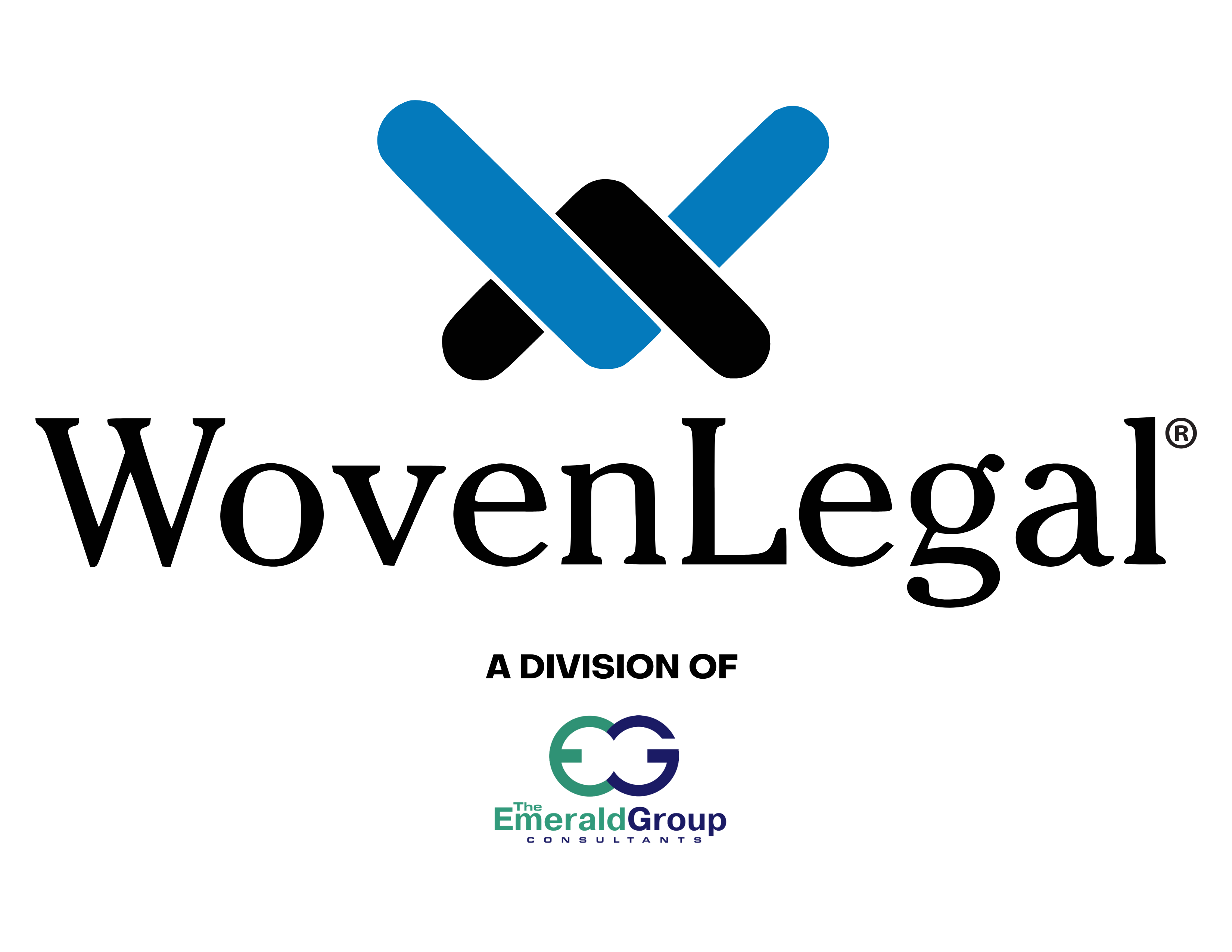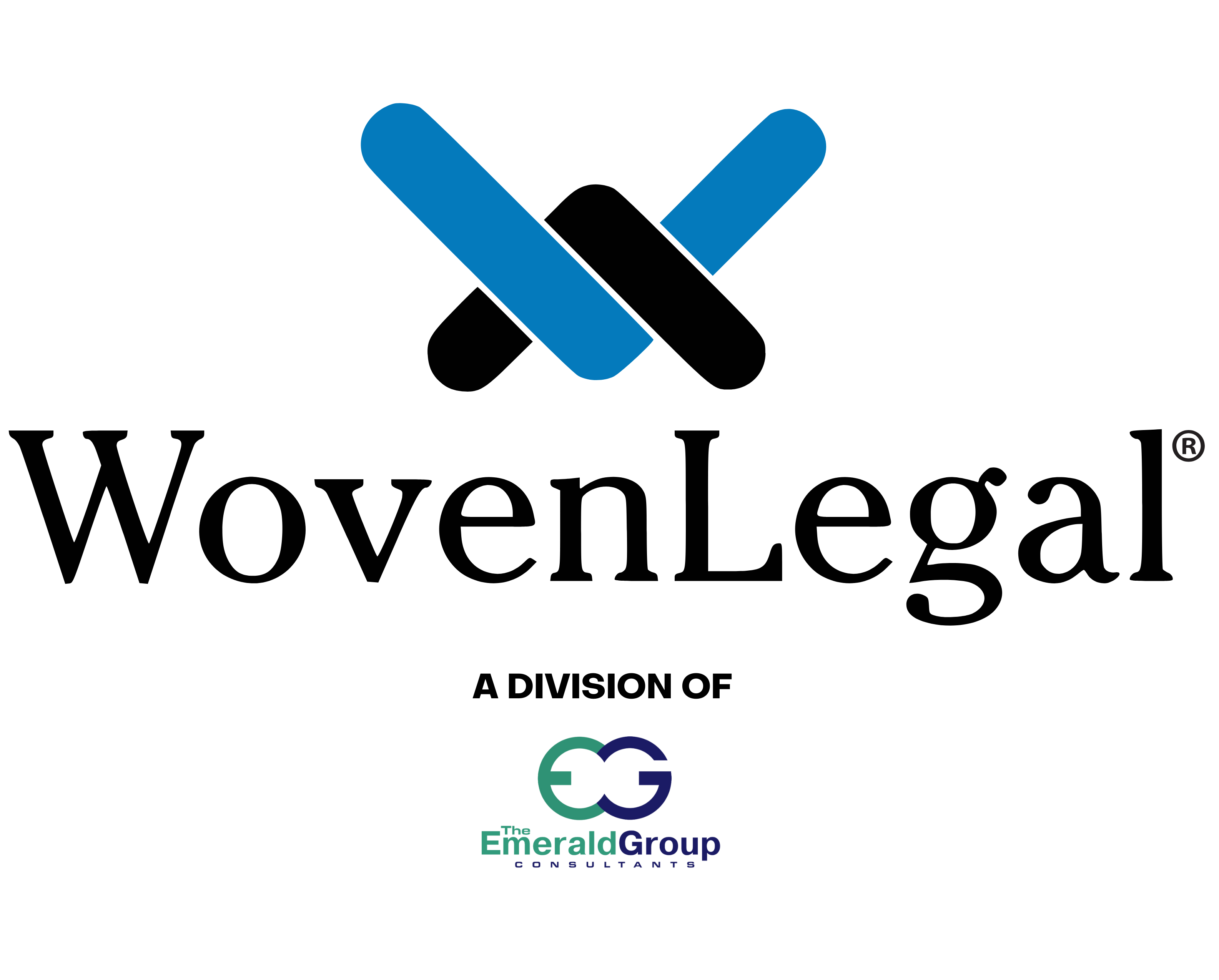A Woven Legal Perspective
As technology continues to evolve, a major transformation is quietly gaining momentum behind the scenes—one that will reshape how the legal industry operates: quantum computing. While it might sound like science fiction, it’s very real, and it’s closer than you think.
This blog post will explain what quantum computing is in a way that actually makes sense, why it matters to attorneys (especially in small firms), how it may affect strategic planning, cybersecurity, which practice areas may fade, and how attorneys can diversify their skills to stay relevant in the changing legal landscape.
What Is Quantum Computing? (With Real-World Analogies That Make Sense)
Let’s begin with how traditional computers work.
Every word you type into a computer—say the word “BAT”—gets converted into a series of 0s and 1s. These 0s and 1s are called bits, the basic building blocks of classical computing. Each letter has a code:
- B becomes 01000010
- A becomes 01000001
- T becomes 01010100
So, the word “BAT” gets stored and processed as: 01000010 01000001 01010100
Bits are like tiny instructions that tell the computer what to do. Now, think of a traffic light. It controls how cars (or data) move through an intersection. In classical computing, the processor acts like a traffic light, managing the flow of data based on red (0) or green (1). Everything waits its turn, and data moves in a strict, linear order. That’s efficient—for small amounts of information.
But when your firm is handling terabytes of documents for a litigation case or trying to analyze contract risks across thousands of files, that binary system starts to strain. The traffic gets jammed. The stop-and-go process can’t keep up.
Why Classical Computers Get Overwhelmed
Think of your computer as a high-speed assistant who can look at one thing at a time—fast, but still limited by how much information it can hold and how long it takes to go through each option one by one.
The more bits you add (i.e., more words, contracts, evidence, files), the more storage and processing power is needed. That works up to a point, but once you start stacking up millions or billions of bits, your classical computer starts running out of memory and speed. It just wasn’t built to analyze massive complexity all at once.
Quantum Computing: A New Dimension of Problem-Solving
Quantum computers use qubits instead of bits. While bits can be either 0 or 1, qubits can be 0, 1, or both at the same time (thanks to a property called superposition). Even more powerful is entanglement, where qubits become linked and can affect each other no matter how far apart they are.
Let’s Talk Dimensionality
In classical computing, each bit represents a flat yes-or-no value. But in quantum computing, qubits unlock many more dimensions of information. You can picture it like this:
- A regular bit is like a single dot on a page.
- A qubit is like a diamond, with facets that hold data from multiple angles and in multiple relationships simultaneously.
When you start combining qubits, the system doesn’t just grow linearly—it grows exponentially in power. That allows quantum computers to explore many possible solutions at once, rather than trying them one after the other like a classical machine.
This makes them ideal for solving complex problems—like encryption, massive legal discovery, financial modeling, or drug patents—that would otherwise take centuries on today’s best machines.
What Does This Mean for Attorneys in Small Law Firms?
Quantum computing isn’t going to replace lawyers. But it is going to change what types of legal work are valuable, billable, and still require human insight. Just like document automation and AI contract review tools shifted the value of routine work, quantum computing will do the same—but on a much larger scale.
1. Encryption & Data Security
Most law firms use encryption to protect emails, client files, and sensitive data. Right now, the most common encryption method—RSA—relies on a problem so complex that classical computers can’t solve it in a reasonable time.
But quantum computers? They’ll be able to crack RSA encryption in minutes.
“Quantum computers are expected to be able to break RSA encryption, which is widely used to secure sensitive data including emails, banking, and medical information.”
— National Institute of Standards and Technology (NIST)
Read more
What this means for your firm:
- You’ll need to ask your IT provider about “post-quantum encryption.”
- Your contracts with vendors will need to evolve to reflect stronger data requirements.
- It may even become an ethical obligation to protect client data with post-quantum standards.
2. Practice Areas Likely to Shrink or Disappear
Quantum computing will accelerate and simplify complex data analysis, modeling, and legal logic processing. As these capabilities become widely available through software tools, some legal practice areas will likely see a steep drop in demand or even become obsolete.
Transactional Law
Many of the tasks handled by transactional attorneys—reviewing and assembling contracts, corporate structuring, basic entity formation—will be rapidly automated. Quantum-powered legal engines could produce complex, error-free contracts in seconds, drawing from precedent, statutory language, and desired outcomes.
Estate Planning
Preparing wills, trusts, and power of attorney documents is often formulaic. In a quantum-powered future, clients may input personal and financial details into advanced platforms and receive fully customized estate plans instantly—with built-in compliance and tax planning. Attorneys will need to move into advising on complex family dynamics, blended families, and contested estates to stay valuable.
Family Law
Some components of family law—like asset division, support calculations, and custody schedules—may be handled by quantum-accelerated AI systems capable of real-time optimization based on jurisdictional laws. However, the human elements of conflict, negotiation, and trauma response will still require attorneys—those who emphasize mediation, emotional intelligence, and child advocacy may thrive.
Compliance and Regulatory Filing
As regulatory updates are digitized and mapped to firm databases, many routine filings and compliance checks could be automated. Attorneys in this field will need to focus on interpretation, ethics, and enforcement readiness.
3. Practice Areas Likely to Grow
Intellectual Property
Quantum computing will drive innovation in materials science, software, AI, and biotech—leading to an explosion of new inventions and discoveries. Attorneys who can navigate complex patent applications, advise on ownership rights, and litigate IP disputes will be in high demand.
Cybersecurity and Data Privacy Law
As threats grow alongside technological capability, so will the need for legal professionals who can advise on risk, compliance, breach response, and cyber liability.
AI Governance and Ethics
Attorneys with training in tech and law will be needed to shape how quantum AI tools are used responsibly in business, healthcare, and even government.
4. How Attorneys Can Remain Relevant and In Demand
The good news: technology will always need smart, creative, empathetic humans to interpret and guide its use. Here’s how to future-proof your practice:
a. Develop Strategic Thinking
Clients won’t just need someone to “find the answer.” They’ll need someone to ask better questions. The value of legal strategy, risk framing, and persuasive negotiation will only grow.
b. Expand into Advisory Roles
If the execution of law becomes automated, lawyers who act as trusted advisors—helping clients navigate risk, ethics, leadership, and growth—will thrive.
c. Lean into Ethics and Governance
Quantum computing raises questions about privacy, control, accountability, and fairness. Attorneys who understand the tech and can advise on its governance will become invaluable.
d. Stay Cross-Trained
Learn how quantum computing intersects with cybersecurity, AI, healthcare, finance, and intellectual property. The more crossover knowledge you have, the more agile and billable you’ll be.
5. How Soon Is This Coming?
Not next week—but not decades away, either. Consider this timeline:
- IBM released a 1,121-qubit processor in 2023 and aims for 4,000+ qubits by 2025. ~ March 31, 2025
- Google solved a calculation in 200 seconds on their Sycamore processor in 2019 that would take a supercomputer 10,000 years. ~ October 23. 2019
- Microsoft and the U.S. Government are investing heavily to get businesses “quantum-ready.” ~ January 14, 2025
Barron’s coverage
- The Boston Consulting Group estimates that quantum computing could create $450–$850 billion of economic value by 2040. ~ July 18, 2024
What Small Firms Should Do Now
Here are five concrete ways to stay ahead:
- Stay Curious. Subscribe to tech and legal innovation newsletters. Follow updates from NIST, IBM, and credible tech outlets. Join Inner Circle – attorney and tech coach, Ernie Svenson’s active and forward thinking attorney group.
- Review Contracts. Ask your IT vendor about post-quantum encryption. Update vendor agreements where necessary.
- Choose Better Tools for Your Legal Practice. As Gold Certified Partners with Clio, we understand the importance of leveraging advanced legal technology to enhance your practice. When evaluating legal tech vendors, such as the innovative case management software Clio, it’s essential to inquire about how they are preparing for significant technological advancements. Clio consistently stays ahead of the curve, ensuring that your practice can adapt to the evolving landscape of legal technology. With Clio, you can trust that you are choosing a solution that prioritizes innovation and efficiency, ultimately improving your client experience and practice management.
- Train Your Team. Offer CLE credits or in-house workshops on AI, encryption, and legal tech.
- Partner Smart. Woven Legal can help you outsource tasks to trained legal professionals who stay ahead of tech changes without adding full-time employees.
Final Thought: This Isn’t Hype—It’s a Horizon
Quantum computing isn’t something to fear. It’s something to prepare for—and potentially benefit from. As a small law firm, your strength is adaptability. You’re not stuck in a 50-partner bureaucracy. You can pivot, invest in smart systems, and hire people who are ready to grow with you.
At Woven Legal, we help you stay lean, effective, and competitive by providing experienced virtual paralegals and legal assistants who understand today’s tech and are ready to embrace tomorrow’s. Click here to book a complimentary call to learn who we are and what we do.
Stay ahead. Stay informed. And stay curious.
Further Reading:
- NIST Post-Quantum Encryption Algorithms
- Harvard JOLT: Quantum Law & Policy
- World Economic Forum: Legal Considerations of Quantum
- BCG Report: The $850B Quantum Opportunity




Comments are closed